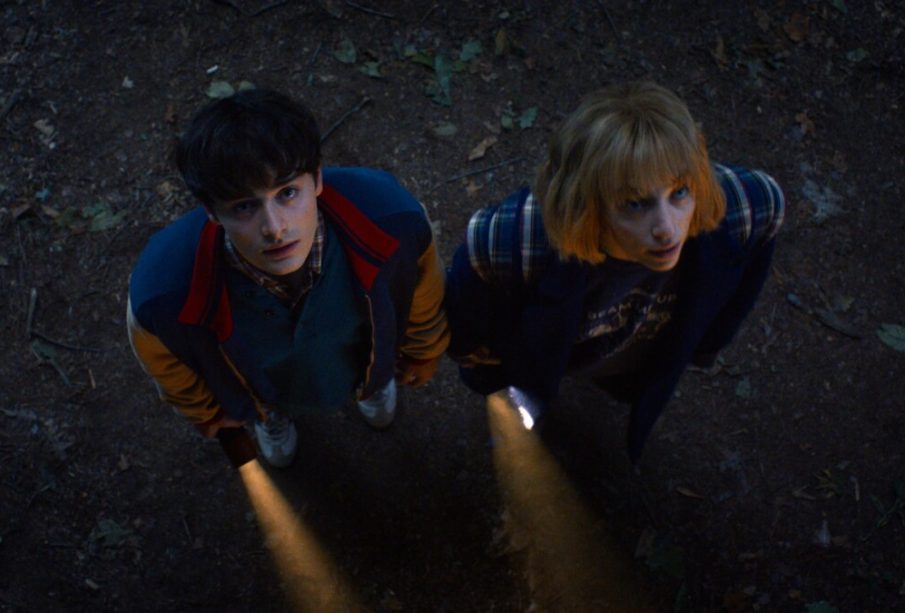The Impact of Netflix’s Stranger Things on Pop Culture

Introduction
Since its debut in 2016, Netflix’s Stranger Things has become a cultural phenomenon, drawing in millions of viewers and shaping popular culture. The show, blending elements of sci-fi, horror, and 80s nostalgia, has not only garnered critical acclaim but has also sparked widespread discussions about its themes, characters, and storyline. With the release of its latest season generating substantial buzz, understanding its impact remains essential for both fans and industry analysts.
Season Overview and Reception
The fourth season of Stranger Things debuted in two volumes, captivating audiences with its thrilling narrative and character development. The show has consistently earned high ratings, with its most recent season receiving an impressive 88% on Rotten Tomatoes. Viewers were particularly drawn to the exploration of darker themes and more mature storytelling, marking a significant evolution in its tone compared to earlier seasons.
Significance of Nostalgia
The use of 1980s pop culture references plays a crucial role in the show’s appeal. From its iconic soundtrack to fashion and movie references, Stranger Things taps into a shared nostalgia that resonates with older audiences while introducing younger viewers to classic cinema. This unique blend not only amplifies engagement but also builds a bridge between generations, creating a communal experience that fuels discussions on social media platforms.
Critical Themes and Reception
Stranger Things delves into critical themes such as friendship, trauma, and the battle between good and evil. These themes are represented through the experiences of the main characters, who have navigated the complexities of adolescence against the backdrop of supernatural occurrences. Critics have lauded the show’s ability to combine thrilling sci-fi elements with genuine emotional depth, which has been pivotal in maintaining its relevance and appeal to viewers globally.
Global Influence and Merchandise
The show’s success has transcended the screen, influencing various aspects of pop culture. Merchandise ranges from clothing to themed video games, while fan conventions and online forums continue to thrive. Moreover, merchandise sales and fan engagement demonstrate the show’s ability to transform viewers into active participants in its expansive universe.
Conclusion
As Stranger Things continues to dominate viewership charts and conversations, its influence on the streaming landscape and pop culture is undeniable. The series has set a benchmark for narrative originality and character development in television today. Looking ahead, it will be fascinating to see how the show’s legacy unfolds and what new directions it may explore in future seasons. For fans and newcomers alike, Stranger Things remains a significant work, encouraging reflection on shared experiences and the power of storytelling in connecting individuals across time and space.








